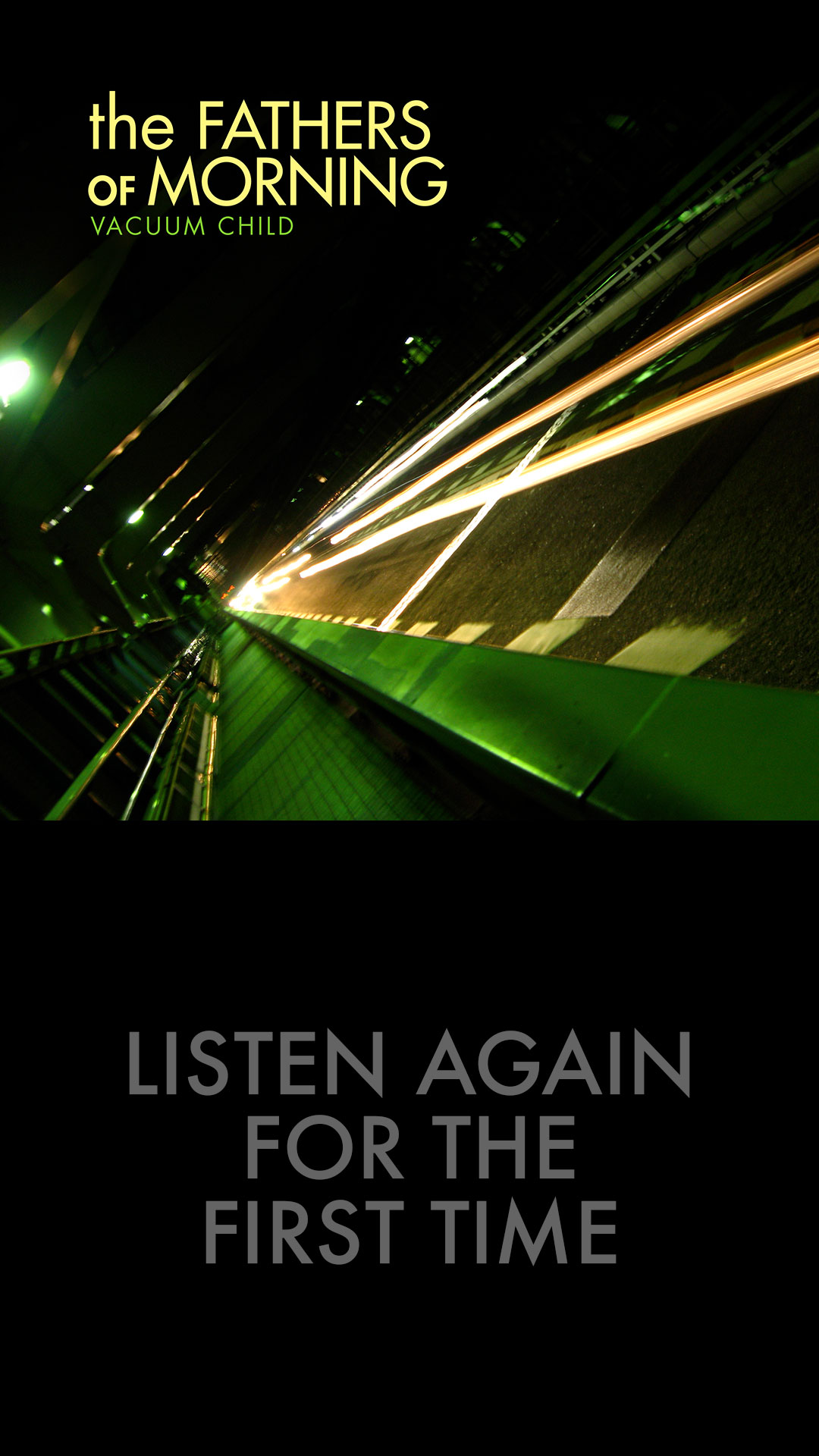MAGNET contributing writer Jud Cost is sharing some of the wealth of classic films he’s been lucky enough to see over the past 40 years. Trolling the backwaters of cinema, he has worked up a list of more than 500 titles—from the silent era through the ’90s—that you may have missed. A new selection, all currently available on DVD, appears every week.

My Life As A Dog (1985, 101 minutes)
Ingemar is an outgoing-yet-thoughtful young boy approaching puberty and living in rural Sweden in the late ’50s. Played by a rubber-faced Anton Glanzelius, he sometimes thinks too much about things. For example: “That man who got a new kidney in Boston. He got his name in the papers, but he died just the same.” And then there was Laika, the famous Russian space dog. “They put her in Sputnik and sent her into space, attaching wires to her heart and brain to see how she felt. She spun around up there for five months, until her doggy bag was empty. She starved to death.”
Ingemar’s standard response to bad news is, “Things could have been much worse,” grateful to have something as a basis of comparison. His mother (Anki Liden) is not well. He finds her one morning violently coughing up blood behind the sheets she’s hanging on the clothesline. Ingemar makes Saga (Melinda Kinnaman), a girl his own age, stick her tongue out and swallow blood from the finger he’s cut with his own pocket knife. “Now we’re married,” he vows as a train thunders over the culvert where they are hidden.
A local teenager lectures a cellarful of younger kids about the facts of life. “Girls have an upside-down bottle inside of them. You have to stick it in and shoot up. Then there will be a baby.” He tries to get one of the boys to stick it inside the bottle. Only Ingemar volunteers for such a risky experiment in planned parenthood. Naturally, he gets his thing stuck in the bottle. The more he tries to extract it, the more firmly it becomes imprisoned. In desperation, he breaks the bottle on the stone wall of the cellar, but the bottle-neck remains in place. A neighbor lady hears his cries and carefully frees the boy from the ring of glass with a small bar of soap.
Ingemar’s older brother wakes him one morning by pointing an unloaded air rifle at his forehead and pulling the trigger. The brothers are shocked to see something sticky has stained Ingemar’s sheets during the night. His brother panics and stuffs the bedclothes into a kitchen cabinet. “I’ll let you borrow my rifle if you say nothing to mom,” he says.
Ingemar pretends to be paralyzed, unable to raise his glass of milk to his lips. “Drink it, Ingemar,” his brother urges him. Ingemar raises the glass suddenly and splashes milk all over his face. His mother walks in and frantically wipes the milk from the kitchen table with a dish towel. Looking for something larger, she opens a cabinet and finds the bed sheets. She angrily mops up the mess with the sheets, rubbing so hard she sends glasses and cereal bowls clattering to the floor.













